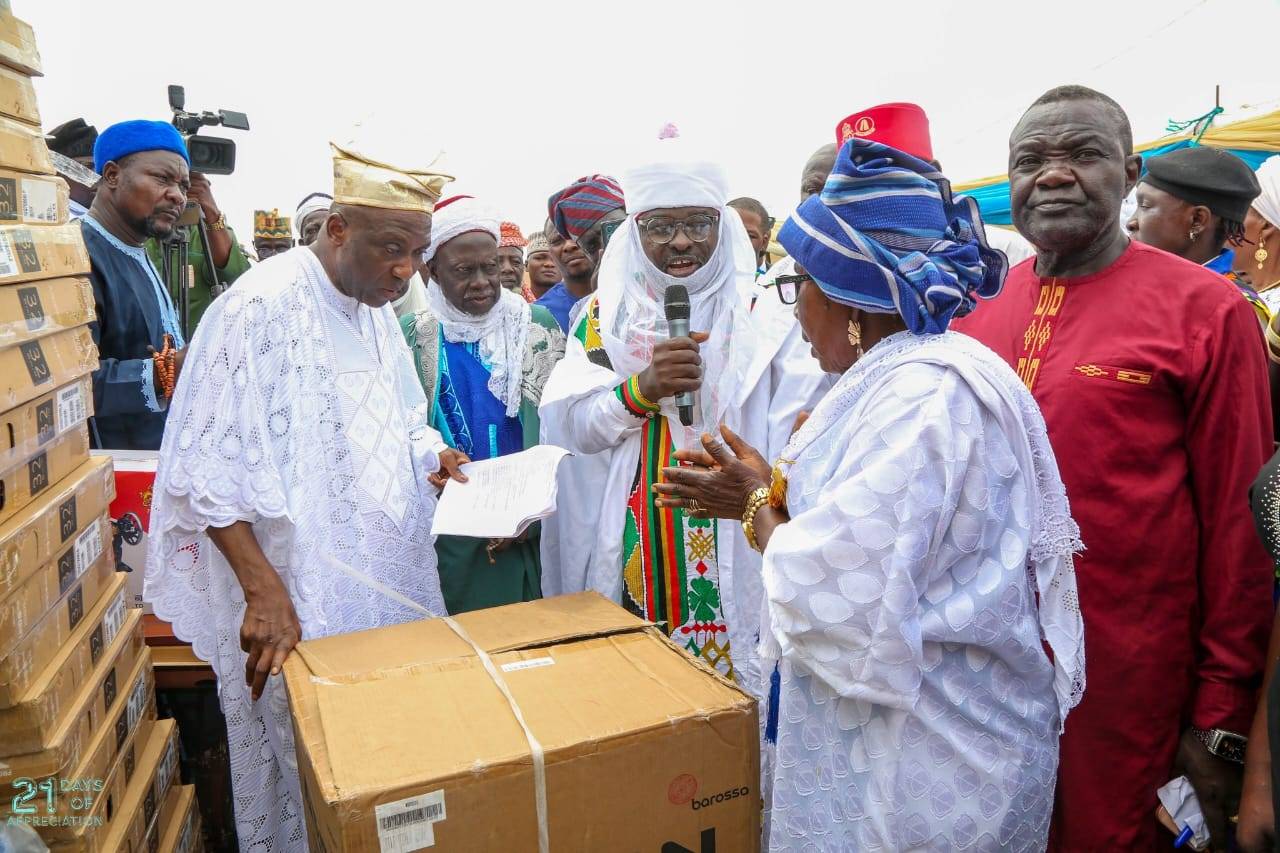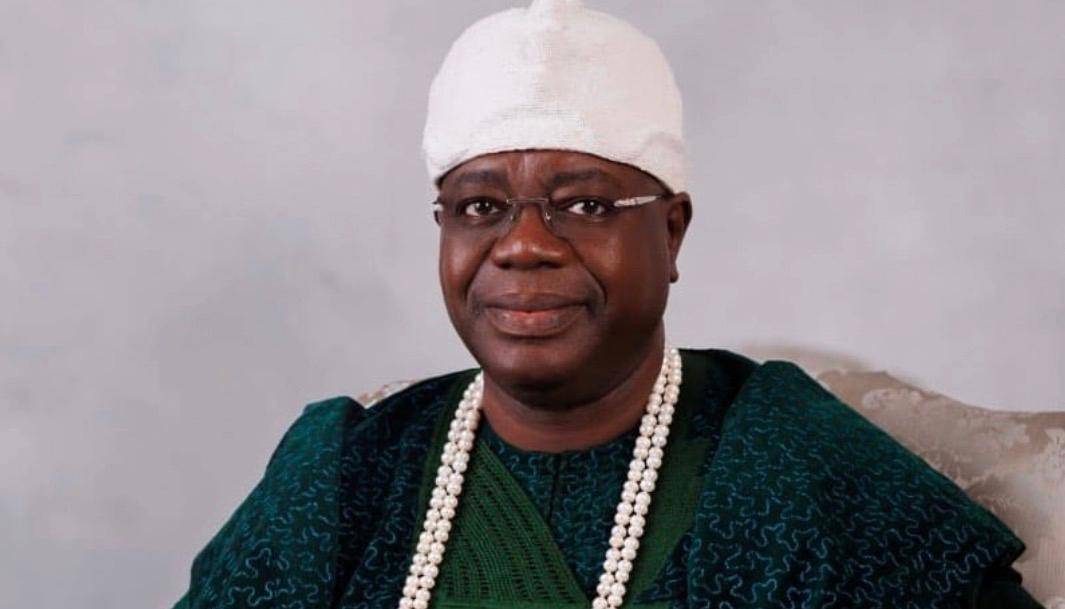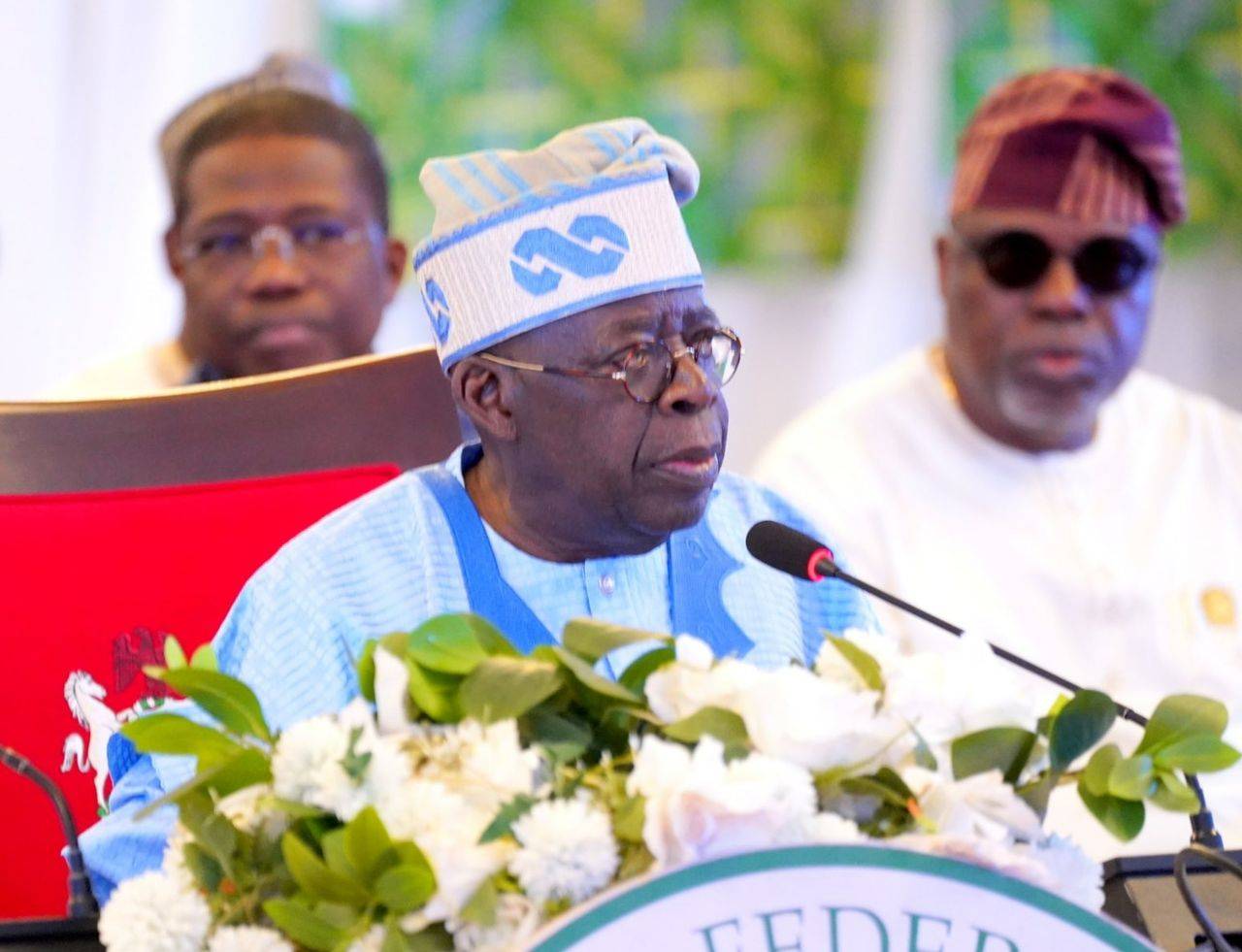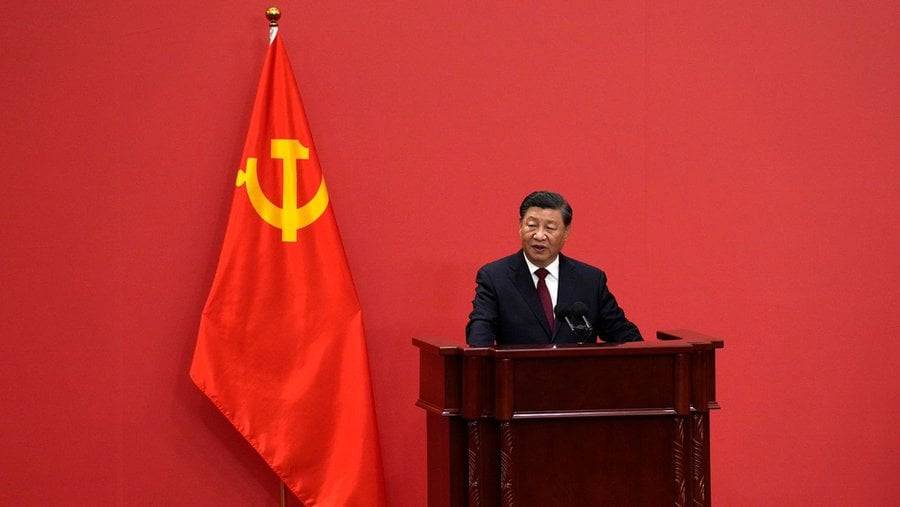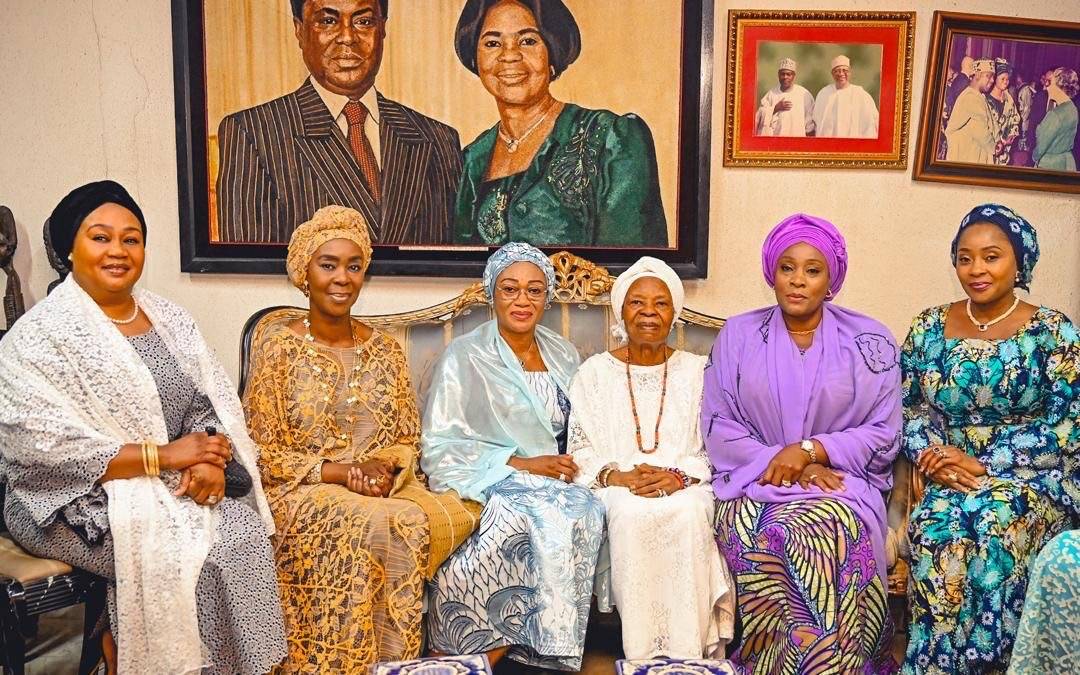The International Monetary Fund (IMF) says that recent slowdown witnessed in Foreign Direct Investment, especially in developing countries can be linked to the divergent trade patterns among countries, with flows increasingly concentrated among geopolitically aligned countries, particularly in strategic sectors.
The IMF also noted that the new development would affect emerging markets and developing economies given their reliance on FDI from geopolitically distant countries.
The Washington based bank in its ‘World Economic Outlook: A Rocky Recovery report disclosed that rising geopolitical tensions such as Brexit, trade tensions between the United States and China, and Russia’s invasion of Ukraine posed a challenge to international relations and could lead to a policy-driven reversal of global economic integration.
In other words, the IMF observed that foreign direct investment is cross-border investment through which foreign investors establish a stable and long-lasting influence over domestic relations.
A decrease in FDI has been particularly been visible in Nigeria, with global FDI declining from 3.3 per cent of GDP in the 2000s to 1.3 per cent between 2018 and 2022
It has been noted that foreign inflows into Nigeria have fallen drastically over the years with inflows falling by 77.79 per cent from $23.99bn in 2019 to $5.33bn in 2022.
FDI drops by 48% in two years which might have prompted the IMF report to partly states: “The recent slowdown in FDI has been characterized by divergent patterns across host countries, with flows increasingly concentrated among geopolitically aligned countries, particularly in strategic sectors. Several emerging markets and developing economies are highly vulnerable to FDI relocation, given their reliance on FDI from geopolitically distant countries.
“While a range of factors has contributed to this protracted phase, the fragmentation of capital flows along geopolitical fault lines and the potential emergence of regional geopolitical blocs are novel elements that could have large negative spillovers to the global economy.
“Firms and policymakers are increasingly looking at strategies for moving production processes to trusted countries with aligned political preferences to make supply chains less vulnerable to geopolitical tensions.”
The IMF’s solution is that multilateral efforts aimed at preserving global integration are the best way to reduce the large and widespread economic costs of FDI fragmentation.
As it puts it: “Some countries could reduce their vulnerability by promoting private sector development, while others could take advantage of the diversion of investment flows to attract new FDI by undertaking structural reforms and improving infrastructure,” it concluded.






